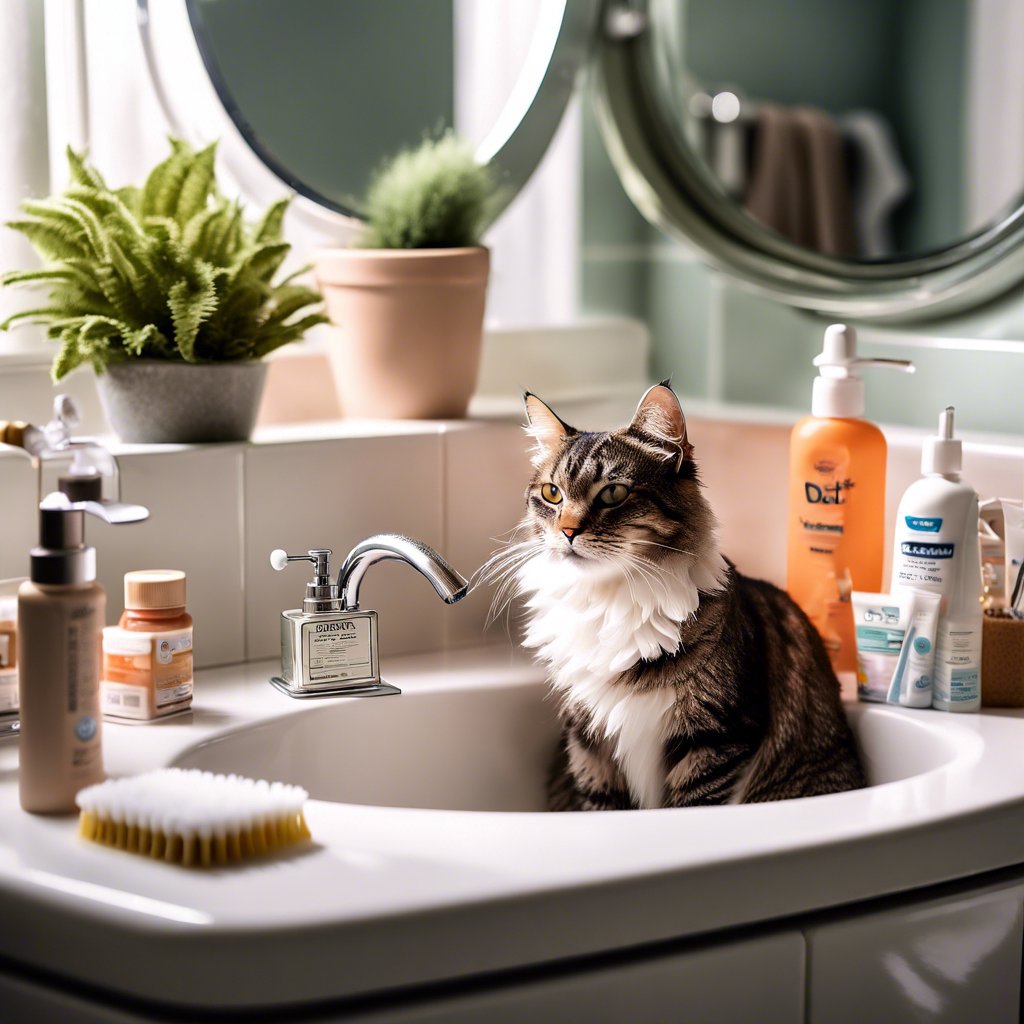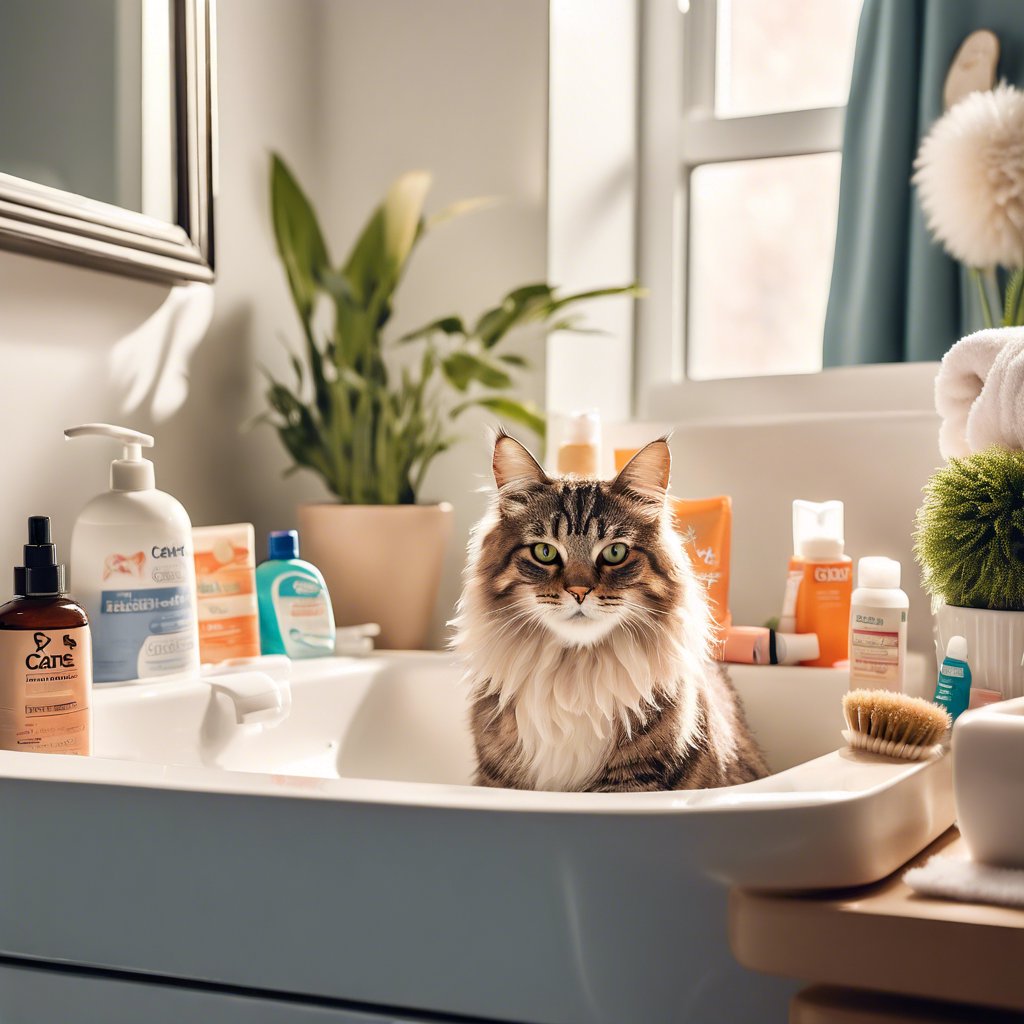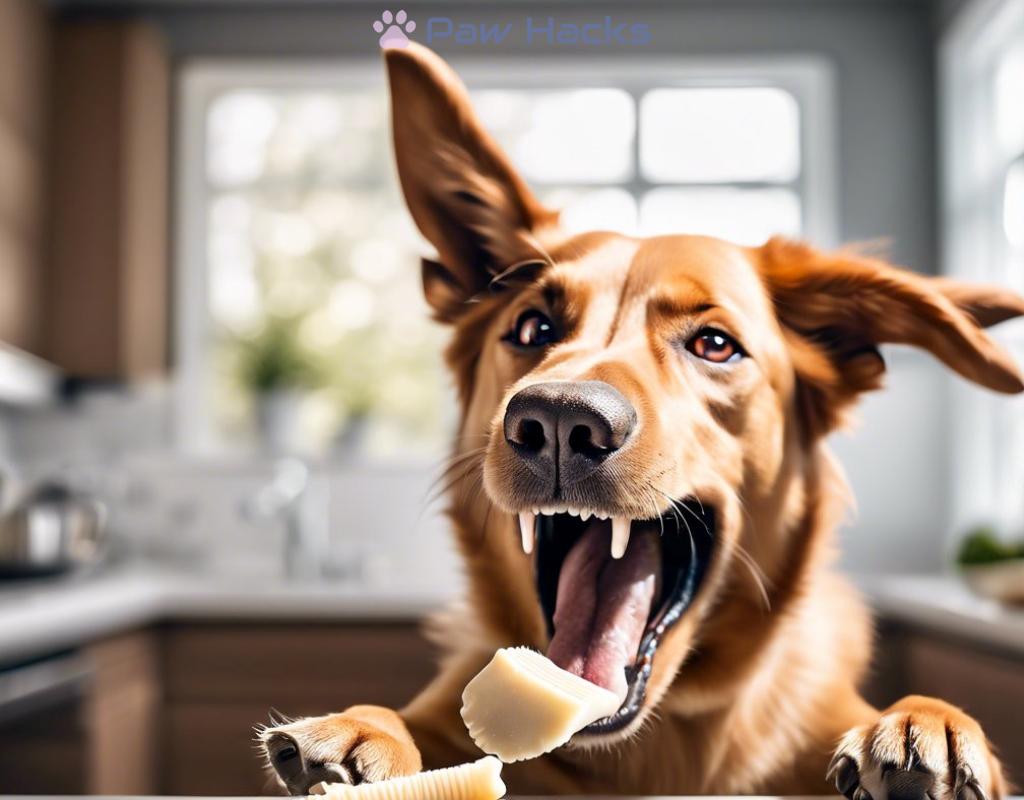Feline Dental Care at Home
When we think of our feline friends, their playful antics and soft purrs often come to mind. However, one crucial aspect that sometimes gets overlooked is their dental health. Just like humans, cats can suffer from dental issues if their teeth and gums are not properly cared for. Ensuring your cat has good dental hygiene is essential for their overall health and can prevent serious health problems down the line.

Regular dental care can lead to a happier, healthier cat, and it can also strengthen the bond between you and your furry companion. In this article, we will explore various methods for maintaining your cat’s dental health at home, making it a positive experience for both you and your pet.
Taking care of your cat’s teeth may seem daunting, but with a few simple steps, it can become an easy part of your routine. Here are some effective practices you can incorporate into your cat care regimen:
- Regular Brushing: Aim to brush your cat’s teeth at least two to three times a week. Use a toothbrush and toothpaste specifically designed for cats.
- Dental Treats: Consider providing dental treats that help reduce tartar buildup and promote fresh breath.
- Water Additives: Look for dental water additives that can be mixed with your cat’s drinking water to help maintain oral hygiene.
- Routine Vet Check-ups: Schedule regular veterinary visits to keep an eye on your cat’s dental health and address any issues early on.
By implementing these easy steps, you can help keep your cat’s teeth and gums healthy and reduce the risk of dental disease.
Being observant of your cat’s behavior and oral health can make a significant difference in addressing dental issues before they escalate. Look out for the following signs that may indicate your cat needs dental care:
- Bad Breath: Persistent foul odor can be a sign of dental disease.
- Red or Swollen Gums: Healthy gums should be pink and firm. Any redness or swelling could indicate a problem.
- Difficulty Eating: If your cat is avoiding food or struggling to chew, it could be due to dental pain.
- Excessive Drooling: An increase in saliva can be a symptom of dental issues.
By staying vigilant and seeking veterinary care when needed, you can ensure your cat enjoys a happy, healthy mouth!
Share this content:



